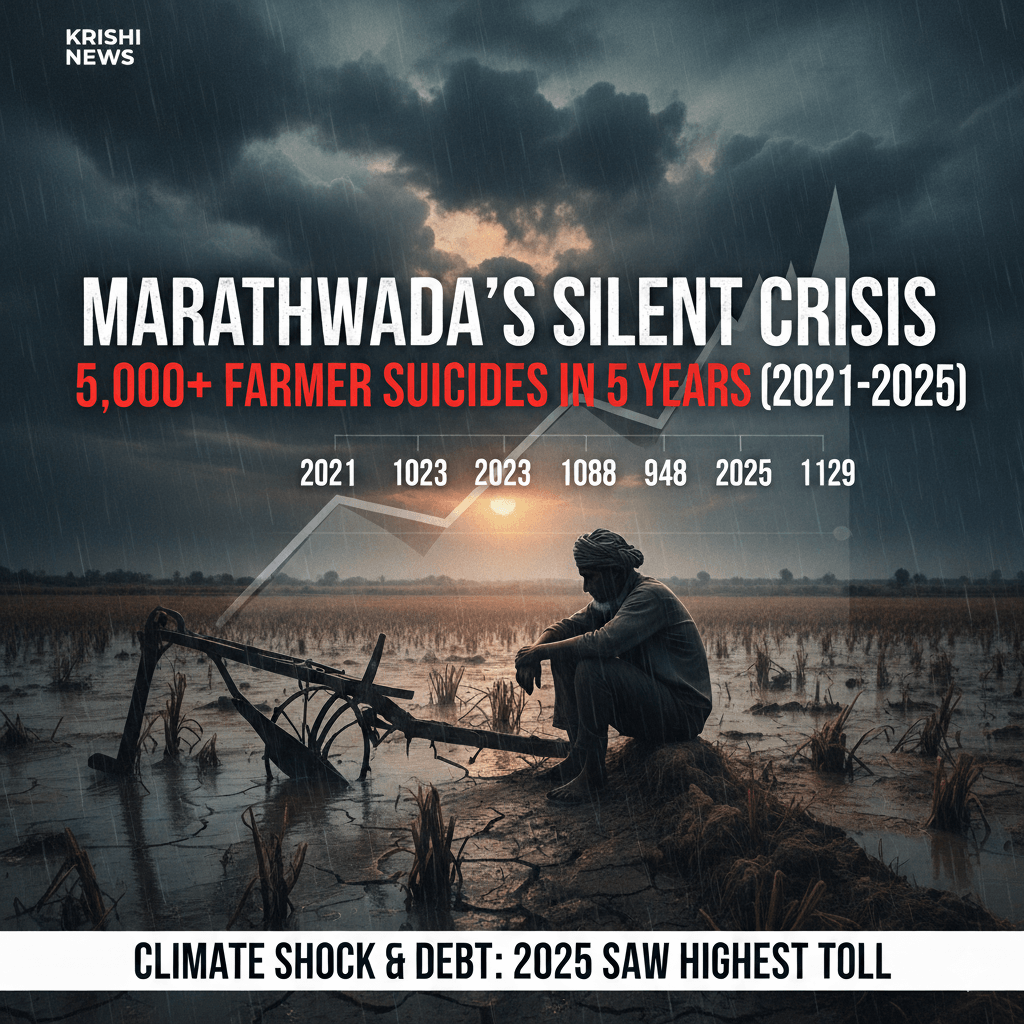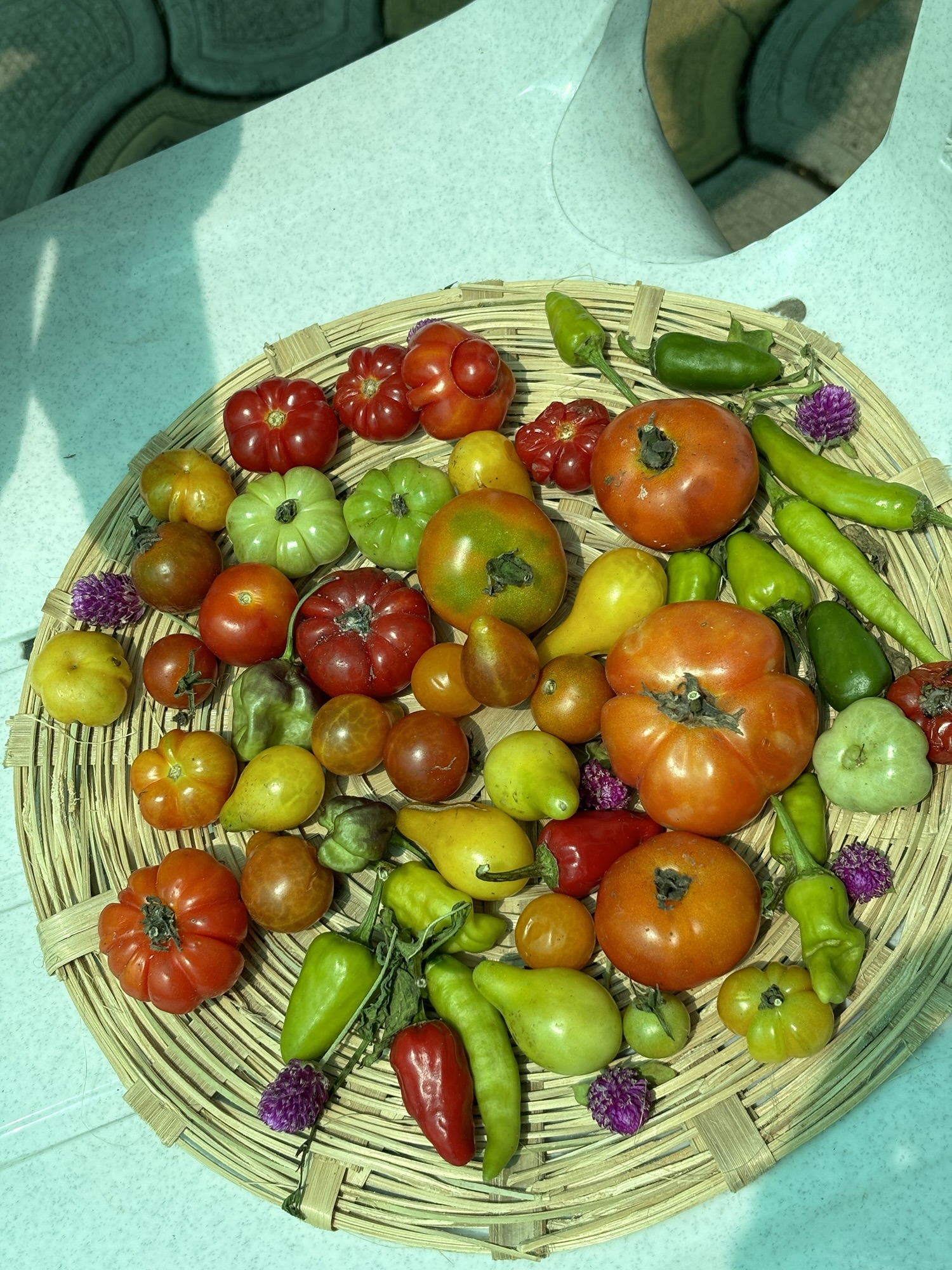India is in the process of negotiating a trade deal with the United States. This deal could open the door for the import of genetically modified (GM) animal feed from the US. However, this move may backfire on India’s agricultural exports, especially to the European Union (EU). The Global Trade Research Initiative (GTRI) has raised concerns about the impact of allowing US GM farm products into India. The EU has strict regulations regarding GM products. Many European consumers prefer GM-free food. If India allows GM feed imports, it could damage India’s reputation as a supplier of GMO-free agricultural products.
Currently, India allows the cultivation of Bt cotton and the import of GM soybean and canola oil. However, it does not widely accept GM products. The EU is known for its cautious approach to GM products. It has strict labelling rules to ensure that consumers know what they are buying. If India begins to import GM feed, there is a risk of cross-contamination. This means that GM feed could mix with non-GM products during transport. As a result, Indian exports could be rejected by EU countries. Such rejections would lead to higher costs for Indian exporters and damage India’s image.
Ajay Srivastava, the founder of GTRI, said that the fragmented agricultural logistics in India increase the risk of these issues. Poor segregation systems could result in GM presence in non-GM shipments. This would lead to costly testing and rejections. India has a reputation for exporting rice, tea, honey, spices, and organic foods. Losing this reputation could have serious consequences for these industries.
The trade negotiations are ongoing, and a deal is expected soon. However, India must be careful. The EU has already signalled its resistance to GM products. If India wants to maintain its exports to Europe, it must consider the implications of importing GM feed. The agri-export sector is vital for India’s economy, and any misstep could harm its competitiveness.
Moreover, the trade deal with the US is not just about agricultural products. India and the US are discussing various terms, including tariffs on textiles and garments. India competes with countries like Bangladesh and Vietnam in these sectors. If the trade deal goes through, it could help Indian exporters. However, if other countries secure better terms, India might lose its competitive edge.
In conclusion, while the trade deal with the US presents opportunities, it also poses risks. India must tread carefully to protect its agricultural exports to the EU. The outcome of these negotiations could reshape India’s trade landscape. The government needs to balance the benefits of the deal with the potential harm to its reputation as a GMO-free supplier. The next few weeks will be crucial in determining the future of India’s trade relations with both the US and the EU.




